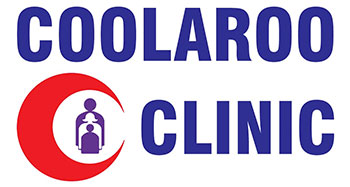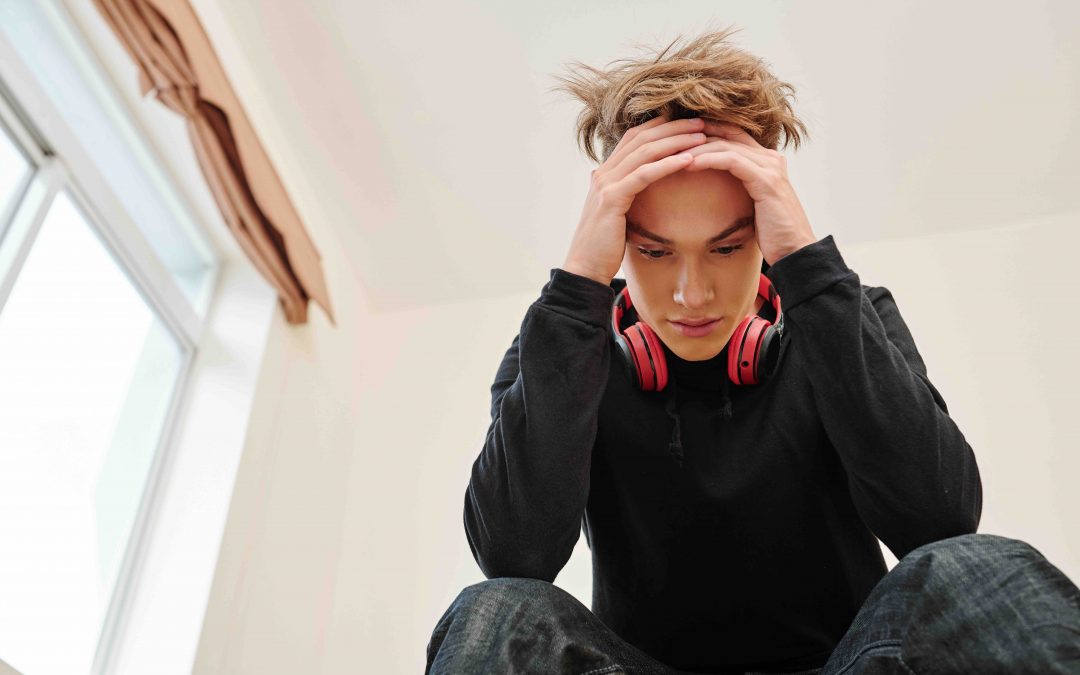Oftentimes, parents find it difficult to differentiate between teenage growing pains and depression. This has led to the mounting cases of teen depression that, while highly treatable, goes unnoticed. In fact, it’s estimated that one in four adolescents from all walks of life will suffer from depression at some point during their teen years, with those aged 18 to 24 to have the highest prevalence of mental disorders of any age group. Much more than a phase or moodiness, teen depression affects the development of one’s emotional and physical well-being.
In this article, we share some information that can help you better understand, identify and treat this disorder.
Why do adolescents get depression?
There are multiple reasons why a teenager might become depressed, all of which can be narrowed down to two perspectives; nurture and nature. The former perspective explains the manifestation of depression as a product of acquired (E.g., life experiences, rearing environment, etc.) influences and the latter as a result of inherited (E.g., pre-wiring, genetic, etc.) influences.
Teens can face many difficulties that they’re ill-equipped to handle such as divorce, learning disabilities, and abuse and neglect – all of which induces a sense of helplessness with effects that can lead to depression. Besides life events, other factors that play a role in causing depression include social status with peers, sexual orientation, medical condition as well as negative thought patterns.
However, it is important to note that even a teen who has not faced any of these challenges can be depressed. In fact, teen depression may be more prevalent among adolescents who have a family history of depression. Predisposed to develop this disorder, all it could take is a simple unassuming trigger in the teen’s environment that could propel this condition.
What are the symptoms of teen depression?
Depression can be sometimes mistaken as a result of teenage adjustment or hormone addled feelings that rise during puberty. It is often expressed in more ways than boredom or a disinterest in school. Common symptoms of teen depression include;
- Feeling of deep and overwhelming sense of sadness or hopelessness
- Lack of energy, constant tiredness of fatigue
- Poor or irregular sleeping patterns (E.g., too much sleep, too little sleep, staying awake at night and sleeping during the day)
- Apathy or the distinct lack of pleasure or interests in activities that once excited them
- Constant anxiety, apprehension or panic
- Demeaning thought patterns
- Forgetfulness, difficulty concentrating, organising thoughts or making decisions
- Negative or neurotic thought patterns
- Rebellious behaviour (E.g., alcohol consumption, drug use, promiscuous sexual activity
- Loss of appetite resulting is sudden and drastic weight loss or compulsive overeating (binge eating) resulting in rapid weight gain
- Self-mutilation, preoccupation with death and suicidal thoughts
- Sluggish (E.g., moving, reacting or speaking at a much slower pace compared to other teens)
- Being on edge, fidgeting or restless
- Excessive sense of guilt, turmoil or worry that may result in irritable mood swings and grumpiness
- Physical or somatic symptoms (E.g., headache, backache, stomach ache, lower back ache)
- Social isolation or avoiding and withdrawing from friends as well as family
How is teen depression treated?
After the diagnosis of your teen through a series of interviews and psychological tests – that will also be participated by family members, teachers and peers, your healthcare professional will soon begin treatment. The good news is that, while considered the most common of all mental health problems, depression is also one of the most treatable conditions. Among the variety of methods used to treat depression, common options include supportive and therapy medications. Your mental health care provider will determine the best course of treatment for your teen. Most likely, this would include a combined treatment method for effective results.
Supportive therapy, such as changes in lifestyle, behaviour, psychotherapy, and complementary therapies employ the support of family, teachers and peers. This treatment method would address negative thought patterns and behavioural issues present. On the other hand, medications such as antidepressants, help correct the chemical imbalances in the brain that cause depression.
For more resources on various mental health conditions among children and young people, visit the Australian Government Department of Health website.
Keep in mind that as your depressed teenager goes through treatment, the most important thing you can do is to listen and offer support. Now more than ever, your teenager needs to know that they’re valued, accepted, and loved.
Looking for professional psychiatric assistance? At Coolaroo Clinic, our specialists have over 35 years’ experience in treating individuals with all aspects of their psychiatric needs. As a clinic that also consists of general practitioners, medical specialists and ancillary allied health practitioners, we provide our patients with a full range of services, conveniently in one location. Get in touch with the friendly team at Coolaroo Clinic today!

